By Sheba Siddiqui @shebasid & online at: shebasiddiqui.com

Family Writer Masalamommas
Single mother Amreena H. understands what it’s like to be different. She struggles with raising a child with special needs every day. Her daughter Myra*, was initially diagnosed with a non-verbal learning disability and central processing disorder at the age of eight. However, earlier this year, Myra has been re-diagnosed with autism.
Although the signs were there from a young age, Amreena admits she was in denial at first.
“She was three years old when she started reading. I immediately thought, ‘oh wow, my kid is smart.’ This is amazing.”
“But I didn’t understand that her comprehension level of what she was reading was very low. So when I went into the assessment with her, I started seeing the results in front of me and I was in denial. I was telling them, no she understands but you’re just not asking her the right way. I decided never to go back.”
Amreena says she knew in the back of her mind that something was not right. As things became more complicated, she would often hear family members saying how brilliant Myra was. She says, “What people need to know is that it’s a dichotomy. Just because she’s smart in one thing doesn’t mean she doesn’t need help in other things. I think that I was brushing it away too because I had this idea that if she’s not good at this, then she won’t be good at that.”
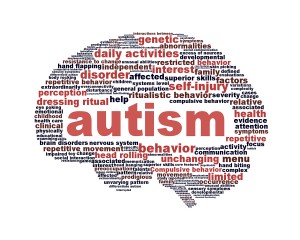 Not only can it be difficult for a parent to acknowledge that their child may need help, the extended family can often make excuses for that child’s behavior. Amreena believes that many immigrant parents come to North America with the dream of their children becoming doctors and lawyers and the notion of their child having a disability is as though they are admitting defeat.
Not only can it be difficult for a parent to acknowledge that their child may need help, the extended family can often make excuses for that child’s behavior. Amreena believes that many immigrant parents come to North America with the dream of their children becoming doctors and lawyers and the notion of their child having a disability is as though they are admitting defeat.
“I had those moments when I thought oh my God, what am I going to do? How is she going to get a job? But we live in such an amazing country with amazing resources,” says Amreena. “There’s so much bureaucracy and red tape but once you get into it and once you start educating people around you, it trickles down. And it’s so important that it trickles down because that stigma and that misunderstanding and that close-mindedness go away. That’s what education does.”
According to Amreena, Myra has experienced bullying from both students and teachers, with one teacher going so far as to hit her when she lost patience. Amreena followed up with the school board and reported the incident, however the damage had been done.
“We’ve been through a lot in regards to self-esteem issues. She also has anxiety. She’s working through these things and at this point in time, I’m really happy with her progress. She has a lot of therapy in place from speech to psychology and social workers working with her for very different aspects of her needs.”
Not only does Amreena have to deal with Myra’s peers and teachers bullying her, but also her own friends. At one point, she had a friend yell at her daughter because she kept interrupting her conversation. Amreena realizes this is one battle that she will always have to deal with.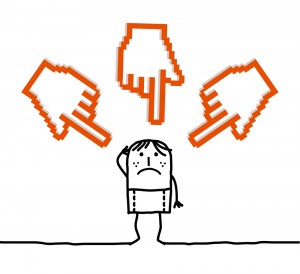
“I have been ostracized and judged by friends who I really loved and I’ve gotten hurt a lot over the years,” says Amreena. “I’ve been talked about, Myra’s been talked about. It’s very traumatic. I know that it comes from a place of not understanding. Sometimes you can’t cut the drama out without cutting out the people. I like having people in my life, but at the same time, I don’t want it to be at the detriment of my mental health and my daughter’s.”
Amreena does acknowledge that despite having lost some friends, she still has a great support system that includes friends that have stood by her and helped her along the way in her journey with Myra.
She also feels blessed to have her family to lean on during this challenging time, especially her mother.
“The matriarch of my family, my mother, is very strong, very understanding and very empathetic. And that’s helped. You might need to be that person for your family.”
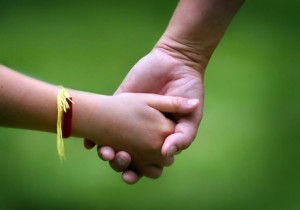 Not all families or communities can be as supportive. Mother of two, Nadia Khan* knows firsthand what it’s like to raise a child with a disability without family support. Her five-year-old son was diagnosed with a rare genetic disorder which led to global development delay (GDD). This means he is one year behind his age in gross and fine motor skills, cognitive skills and speech. Nadia’s son was first diagnosed when he was 15 months old and her pediatrician gave her a series of developmental screening questions. Her observations led to suspecting something may be wrong which prompted further testing in which a genetic disorder was recognized.
Not all families or communities can be as supportive. Mother of two, Nadia Khan* knows firsthand what it’s like to raise a child with a disability without family support. Her five-year-old son was diagnosed with a rare genetic disorder which led to global development delay (GDD). This means he is one year behind his age in gross and fine motor skills, cognitive skills and speech. Nadia’s son was first diagnosed when he was 15 months old and her pediatrician gave her a series of developmental screening questions. Her observations led to suspecting something may be wrong which prompted further testing in which a genetic disorder was recognized.
Although her own family has always been supportive and understanding, Nadia’s in-laws were not as open to admitting there was an issue.
“Initially, we did not tell them it was a genetic disorder because we knew the next question would be which of us has the defective genes.”
“Our son’s delays were blamed on our apparent inability to raise our child, I fed him jarred baby food instead of making him homemade food fresh every day, I kept him in the excersaucer for too long at a time. Since then, we are constantly being bombarded with advice on how to make him ‘better’, whatever that means.”
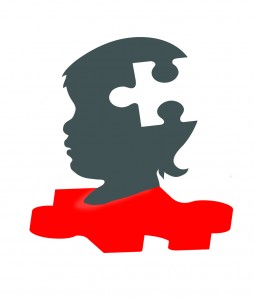 She adds, “They don’t seem to understand that our son will have certain limitations for the rest of his life and our role is to help him deal with them in the best way possible. They continue to think there is constantly something we are not doing. We walk on eggshells talking about him at all to them.”
She adds, “They don’t seem to understand that our son will have certain limitations for the rest of his life and our role is to help him deal with them in the best way possible. They continue to think there is constantly something we are not doing. We walk on eggshells talking about him at all to them.”
Nadia acknowledges that the South Asian community does not respond well to the idea of a child with a disability. She says it’s often ignored or overlooked in hopes that others won’t notice and that it may magically go away.
“As a community, we seem to be afraid to admit to anyone that we are, in fact, less than perfect people leading less than perfect lives. We look for the ‘becharay’ in the community so we can all collectively pity them and forget our own woes.”
Nadia hopes her son grows up to not only understand his condition but also to realize that it will never fully define who he is.
As for Amreena’s hope for her daughter’s future, she says, “I want her to be happy with herself, in her skin. I want her to be a good person. I want her to be empathetic. I want her to do something with her life where she’s doing something for herself but also for the community and the world around her. She has a disability and she has a voice. She can talk about it and create this understanding.”
If you are looking for support for your disabled child, you can contact Amreena at her support group: ParentingAutism101@gmail.com or the South Asian Autism Awareness Centre: saaac.org
*Names have been changed for anonymity.


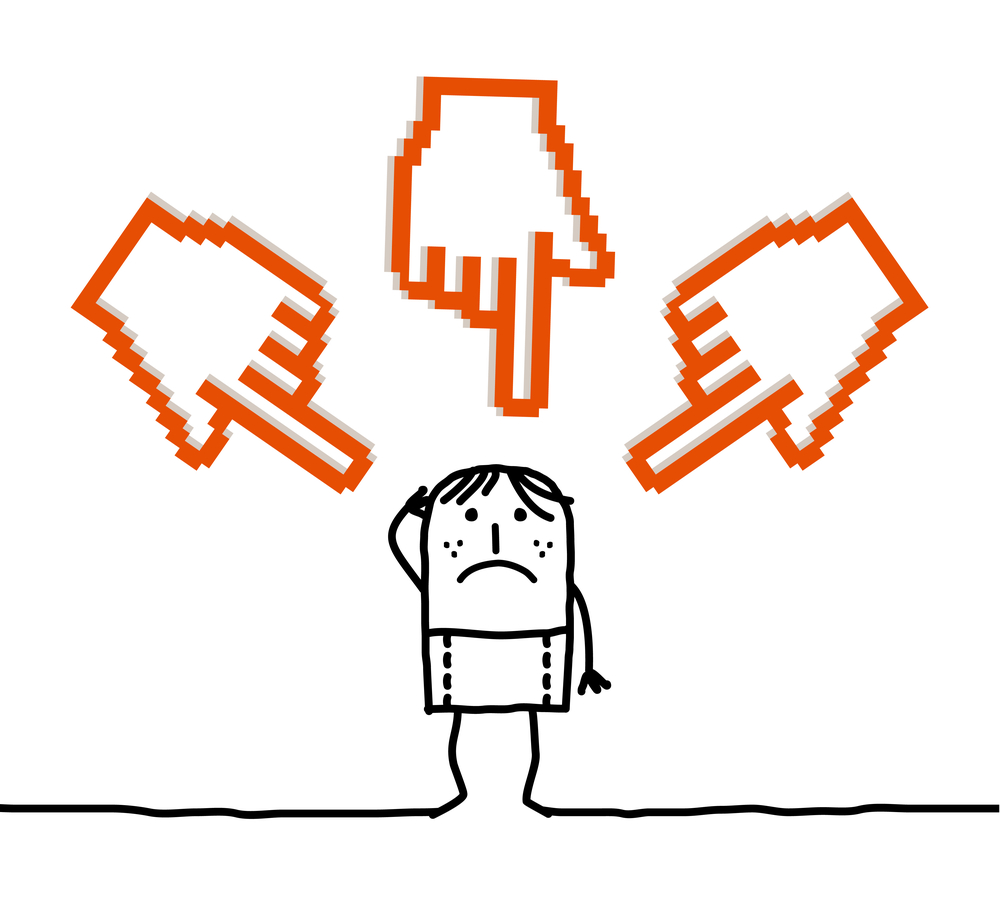
I totally agree with the article and it’s sad that people don’t realize it could’ve happened to them as well and instead of reaching out or helping those in need, people create more complications for the family that needs help, understanding and care. I would like to say to the families that are facing this difficulty that they are very strong…and just continue to be strong for your children. It’s a true test and it shows how superficial this world around us is….and it draws us closer to reality and it makes it clear for us who really care and love. May God be with you and your children and grant you support, health and keep you and your families strong forever.